Libya
Explore all Articles
filter by–Region
filter by–Country
search by–Keyword
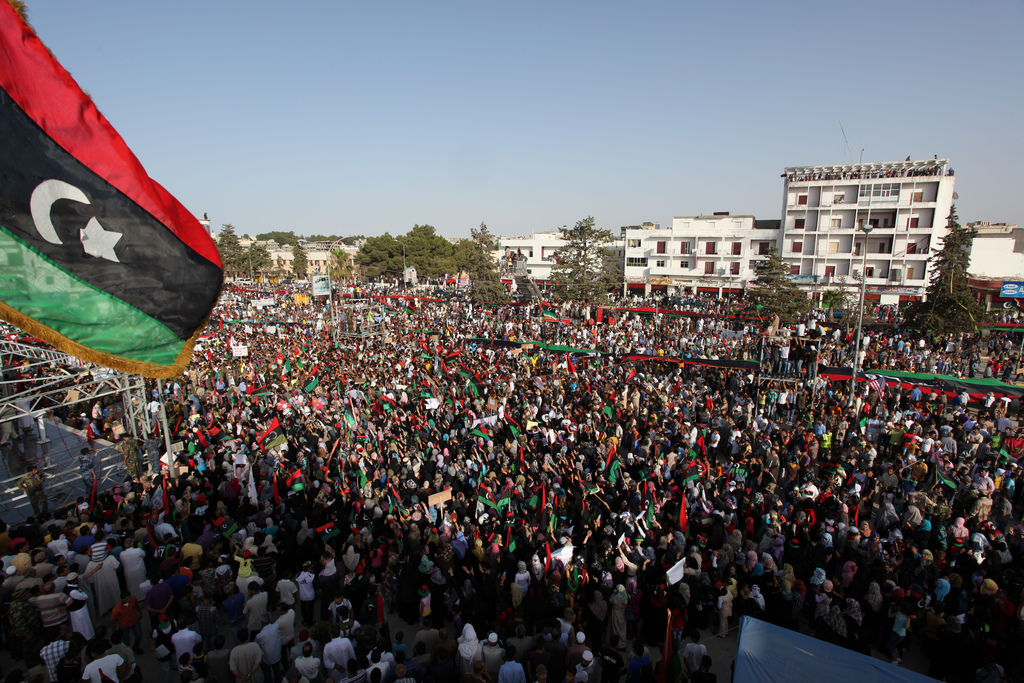
The fate of Tripoli and the democratic dream for Libya
04.14.19
The deadly conflict in Tripoli will make it more difficult to find areas of compromise between hardened Libyan factions. However, the alternatives are continued chaos, or weak authoritarian rule under Haftar.
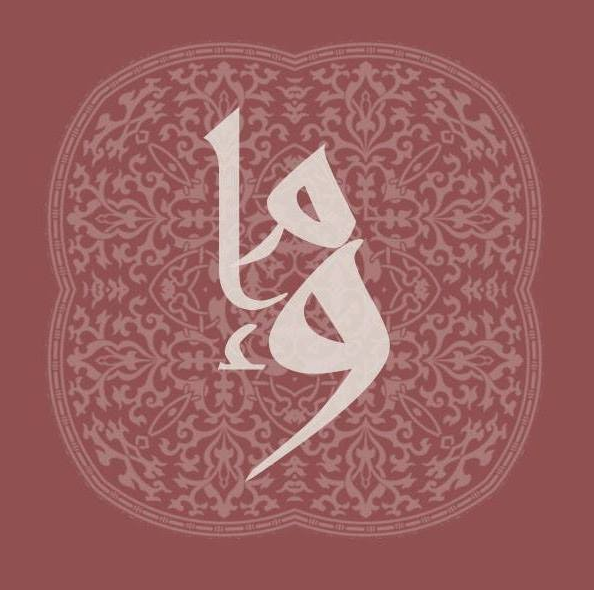
Podcast: Egypt’s parliament approves constitutional amendments, Hifter forces advance in SW Libya, and US House of Representatives votes to end support for war in Yemen
02.15.19
This week, Egypt’s parliament approves a motion to amend the country’s constitution. The proposed amendments would keep the current President, General Abdel Fattah al-Sisi, in power until 2034. In Libya, Libyan National Army (LNA) commander Khalifa Hifter continues operation to take territory in the country’s southwest, including al-Sharara oil field. And in Washington, the US […]

Interview: U.S. Foreign Diplomacy in the Middle East with Ambassador Edward S. Walker Jr.
02.8.19
JMEPP Levant Editor Kelsey Wise sat down with Former U.S. Ambassador Edward S. Walker Jr., who served in the State Department as Ambassador to Israel, Egypt, and the UAE, as well as Assistant Secretary of State for Near Eastern Affairs. The discussion covered U.S. foreign policy in the Middle East, especially the changes it has […]
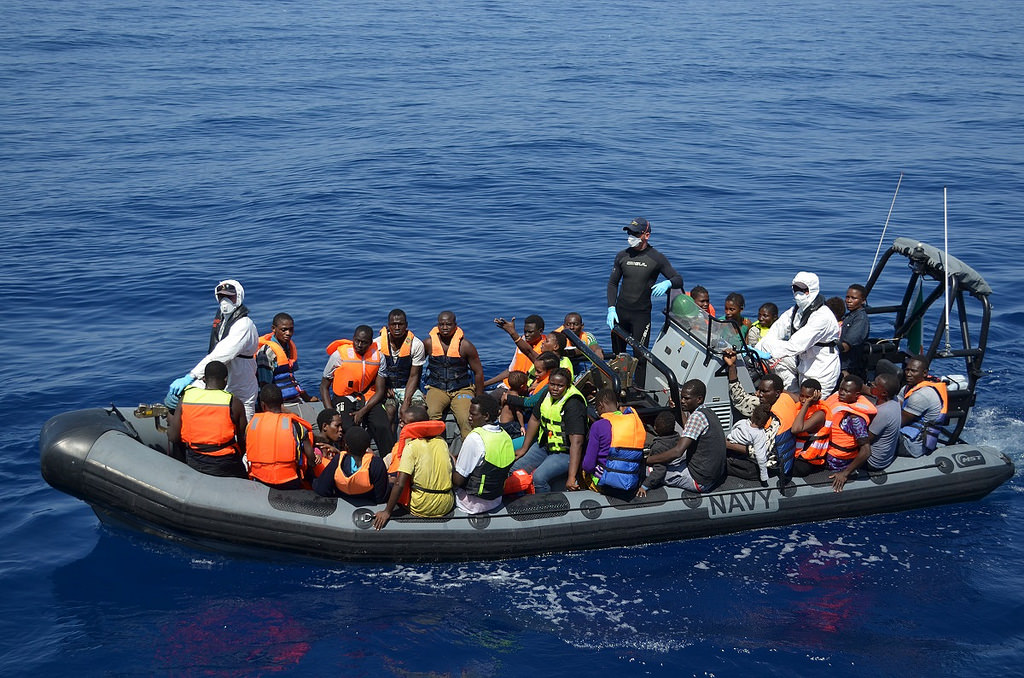
The cycle of crime and civil war in Libya
03.6.18
A 2017 deal between Libya and Italy, which attempted to stem the flow of migrants from Libya to Europe, demonstrates the lucrative opportunities that insecurity offers for non-state armed groups, as well as the difficulty of divorcing militia engagement in criminal activities from ideological battles in Libya’s civil war.
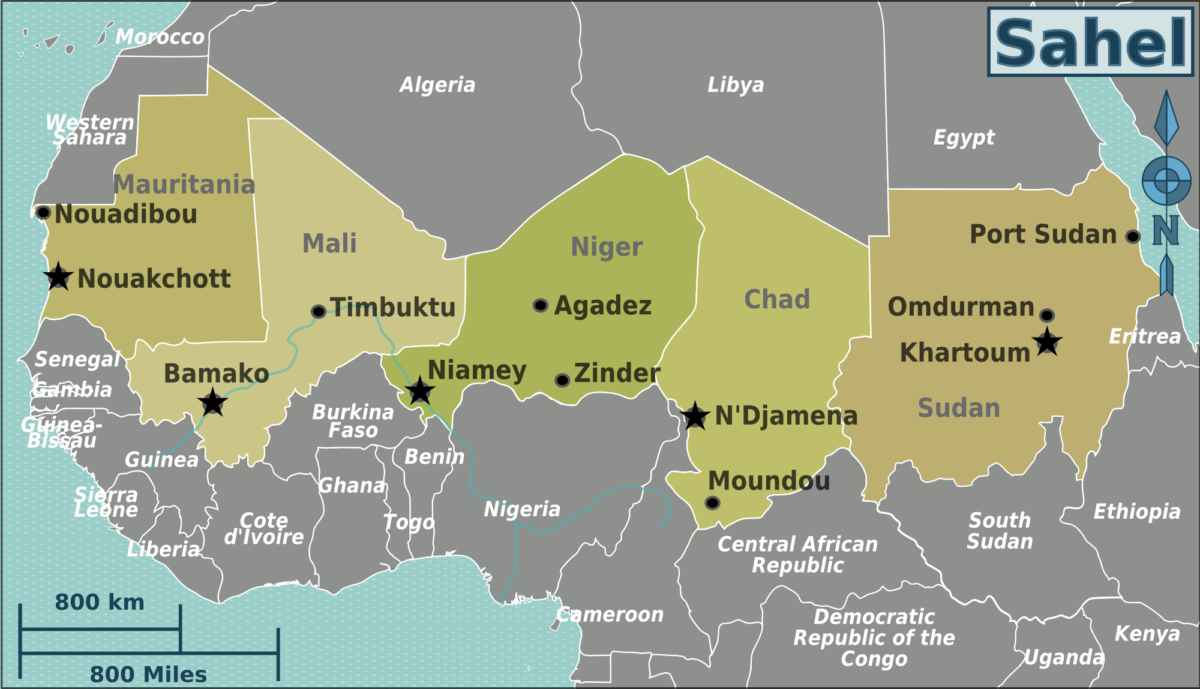
Safe haven: The future of Islamic extremism in the Sahel
01.30.18
Stretching from the Atlantic coast in the west to the Red Sea in the east, the region of north-central Africa known as the Sahel has rarely figured as a focus of international geopolitics. Yet this semi-arid band of territory, spanning some 14 countries and home to numerous ethnic and religious groups, is emerging as a new arena in the sprawling global battle between governments and jihadist groups.
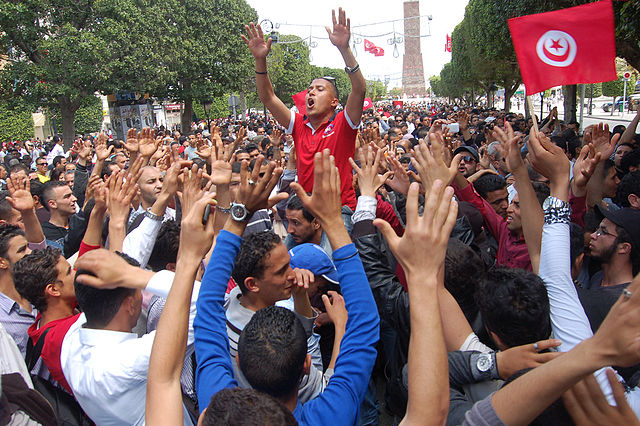
Tunisia: “Unemployment has killed me”
05.15.17
Youth unemployment is a major driver of radicalization in Tunisia, which supplies more fighters to Syria and Iraq than any other country.
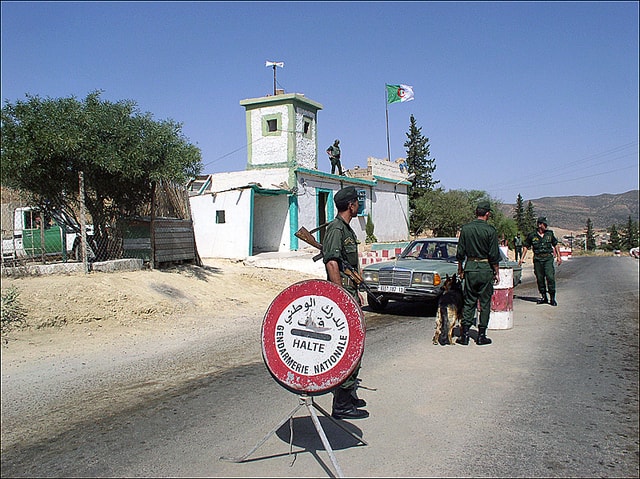
Smuggling and security on North Africa’s broken borders
12.23.16
North Africa’s troubled borders are havens for smuggling and armed groups. Here’s what can be done to make them more secure.
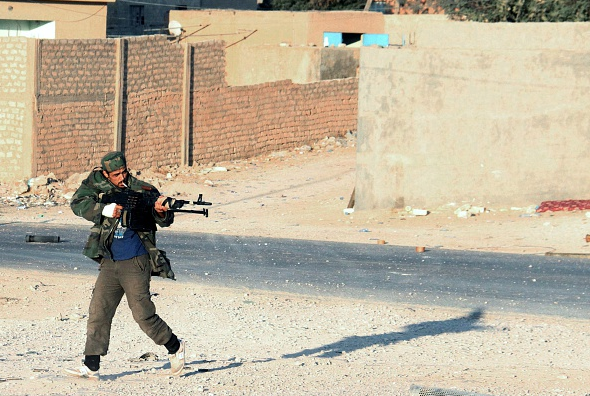
Is tribalism the root of Libya’s ills?
12.10.16
Since Gaddafi’s fall in 2011, Libya has been wracked by instability. Yet Jacob Mundy challenges the conventional wisdom that tribalism is the root problem.

Looking to Syria: No-fly zones and political stability in Iraq and Libya
11.5.16
This article appeared in JMEPP’s Spring 2016 print edition. The ongoing civil war in Syria has reignited interest in no-fly zones as policy options for halting violence against civilians and maintaining stability in conflict-ridden regions. In order to evaluate the success of this policy option, this article will survey a portion of relevant literature to […]

President Clinton: The Arab world’s perspective
10.6.16
For Republicans, Democratic presidential nominee Hillary Clinton’s Middle East policy has been a lightning rod. In addition to Clinton’s email scandal, Republicans have frequently criticized positions the former secretary of state took during the 2010-11 Arab Spring uprising and the 2012 attack on the U.S. consulate in Benghazi, Libya. The Arab world’s pundits have their […]
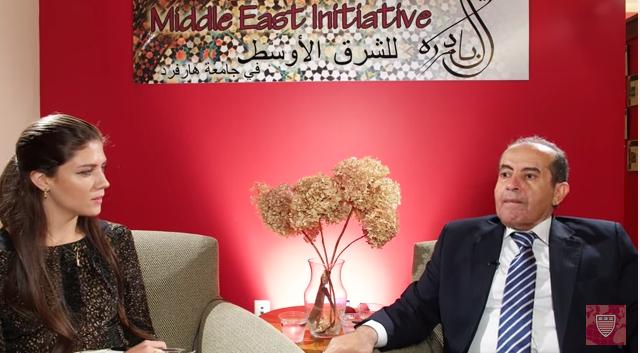
Inside the Middle East: Interview on Libya’s Past, Present and Future with Mahmoud Jibril
10.10.15
In mid-September, 2015, JMEPP Co-Editor-in-Chief Kristin Wagner interviewed Mahmoud Jibril, Former Prime Minister of Libya and president of the National Forces Alliance (تحالف القوى الوطنية) political party. Watch the discussion of Libya’s post-Gaddafi transition, reflections on leadership, and the role of external actors and foreign assistance in Libya during and since the revolution, below:
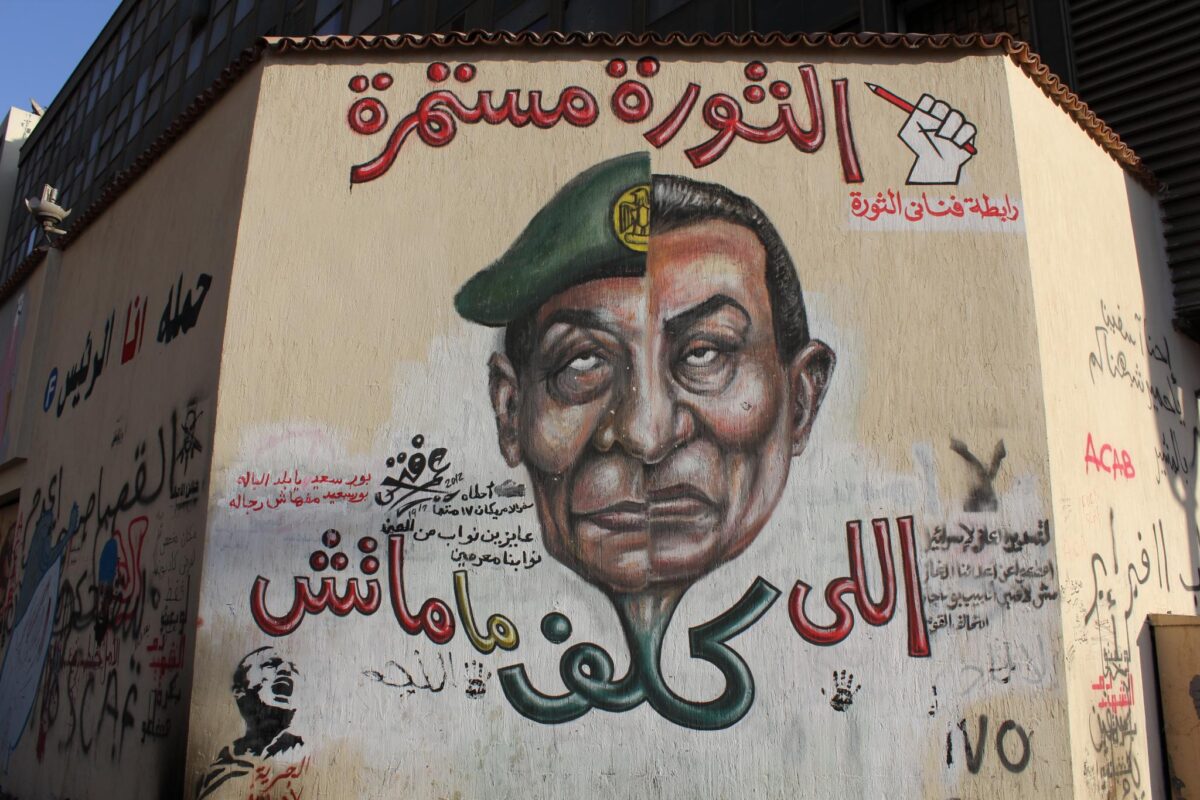
Contextualizing the Arab Awakenings: An Exclusive Interview with Srjda Popovic
04.18.14
Srdja Popovic was a founder of the Serbian nonviolent resistance group Otpor! that led the successful campaign to unseat Serbian president Slobodan Milosevic in October 2000. Popovic later served a term as a member of the Serbian National Assembly 2000-2003. In 2003, Popovic and other ex-Otpor! activists started the Centre for Applied Nonviolent Action and […]